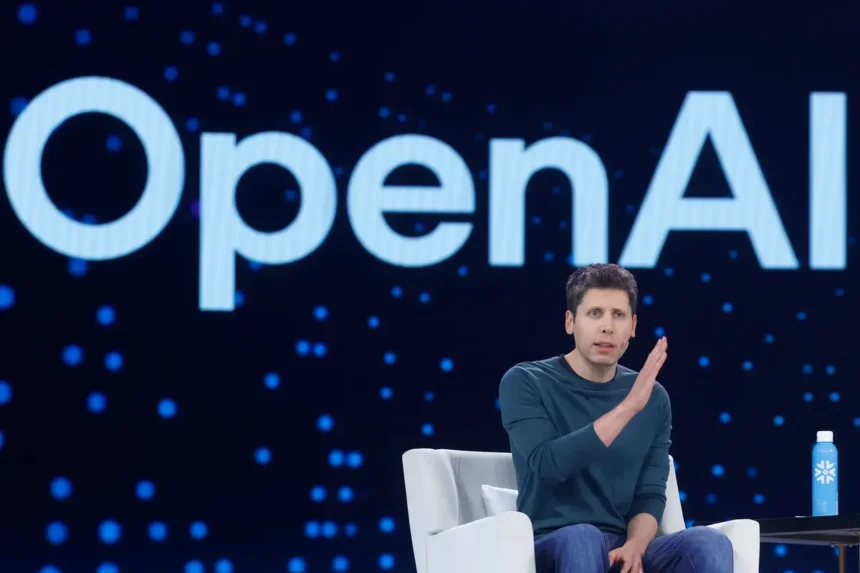OpenAI and Meta Battle
In the fast-evolving world of artificial intelligence, a dramatic showdown is unfolding. Tech powerhouses OpenAI and Meta are engaged in an intense rivalry, vying for the brightest minds in AI research. Meta’s bold poaching strategies are sending shockwaves through the industry, while OpenAI scrambles to defend its talent pool. This escalating talent war is not just a corporate skirmish—it could redefine the future of AI innovation.
The Stakes Are Sky-High
OpenAI, the trailblazer behind ChatGPT and earlier GPT models, has long been a beacon for AI researchers. Its reputation for cutting-edge advancements has made it a magnet for top talent. Meanwhile, Meta, eager to bolster its AI capabilities, is flexing its financial muscle to lure these experts away. Reports reveal jaw-dropping offers, including signing bonuses reaching up to $100 million, signaling Meta’s all-in approach to closing the AI gap.
Meta’s Talent Heist
Meta’s recruitment efforts are nothing short of aggressive. Led by CEO Mark Zuckerberg himself, the company is targeting OpenAI’s elite researchers with irresistible compensation packages. This strategic raid has already seen several key players jump ship, dealing a blow to OpenAI’s research momentum. For Meta, this isn’t just about numbers—it’s about securing the intellectual firepower to dominate the next era of AI-driven technologies.
OpenAI Strikes Back
OpenAI isn’t backing down without a fight. Chief Research Officer Mark Chen reportedly described Meta’s poaching as a “home invasion” in an internal memo, reflecting the urgency felt within the organization. In response, OpenAI is overhauling its compensation framework, rolling out competitive counteroffers, and doubling down on its mission-driven appeal. The company is banking on its vision of advancing AI for humanity to keep its researchers loyal.
The Researchers’ Dilemma
Caught in the crossfire are the researchers themselves, facing a tug-of-war between values and paychecks. OpenAI’s culture of innovation and ethical AI development resonates deeply with many. Yet, Meta’s lucrative deals—sometimes life-changing sums—are hard to dismiss, especially for those balancing personal financial pressures. This human element adds a layer of complexity to an already heated competition.
Ripple Effects Across the AI Landscape
The clash between OpenAI and Meta is a microcosm of the broader AI talent crunch. With a finite pool of world-class researchers, salaries are soaring to unprecedented levels. Smaller startups and academic institutions risk being sidelined, unable to match the deep pockets of tech giants. Critics warn that this consolidation of talent in a few mega-corporations could bottleneck innovation, limiting the diversity of ideas in AI development.
What’s Next for the AI Arms Race?
As this talent war heats up, the tech world braces for more twists. Will Meta’s aggressive tactics pay off, or will OpenAI’s resilience hold firm? Beyond these two, other giants like Google and Microsoft are also in the race, intensifying the stakes. The coming months could see escalated poaching, legal disputes over contracts, or even a shift in how AI talent is recruited and retained industry-wide.
The Big Picture
This isn’t just a story about two companies—it’s about who will lead the AI revolution. The winner of this talent showdown could set the pace for breakthroughs in machine learning, natural language processing, and beyond. For now, all eyes are on OpenAI and Meta as they duke it out in a high-stakes game of chess, with the future of technology hanging in the balance.


